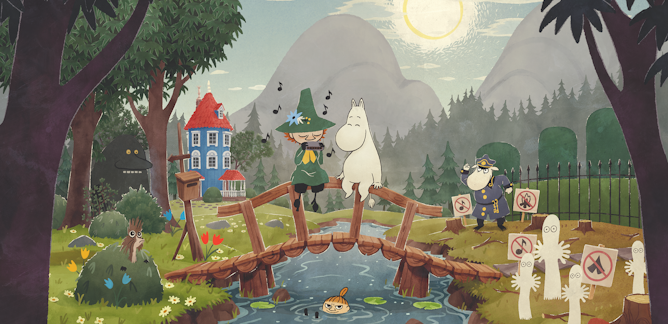
Articles on Video gaming
Displaying all articles

In the game, power is found in a natural world that is not tampered with or controlled – just as in Jansson’s stories.

Why are we drawn to video games where we have to complete tasks that, in real life, may be unappealing or boring? Here are four games that show how the mundane can be made extraordinary and surreal.

The end of E3 heralds a seismic shift for the gaming industry and players alike.

Policymakers, tech companies and schools should all be part of conversations about how our society is responsible for the new realities of tech in the home after COVID-19 lockdowns.

Meta and Pico lead the field with their VR headsets, ChatGPT continues its inexorable rise and new engine developments are pushing the boundaries of the video game experience.

Without an educator to critically engage students about learning in a game, the learning can be misinformed or lost.

Far from high adrenaline combat or difficult puzzle solving, cosy gamers seek respite in their choice of games – but where did the trend come from? A gaming expert explains.

Is imitation the sincerest form of flattery? Maybe. When good ideas prosper, so do replicas, diluting the power of original thinking.

For decades extremist groups – especially the far right – have used gaming and game-adjacent platforms to try to radicalise gamers.

Findings from a Victorian coroner’s report remind us we still don’t fully understand how problematic gaming ties into other factors in a person’s life.

Authentic use of history in games is not about claims to accuracy, but about transparency.

The game that launched today’s massive video game industry was not a roaring success when it debuted 52 years ago. The oft-told story of why turns out to be off the mark.

Video gaming is often seen as a distraction for students. So the challenge is to distract students back towards learning – and video games provide the perfect model.

Video game ‘amoralists’ argue killing in gaming isn’t harmful since no living being is actually hurt. But when it comes to hurting virtual animals, we disagree.

Surely, it can’t be fun to watch others play games you can play yourself? The hundreds of hours people spend on live-streaming platform Twitch would suggest otherwise.

They’ll make you laugh, cry or just help you zone out.

We live in the time of the ‘quantified self’. This means we’re constantly under pressure to use technology to ‘optimise’ ourselves, and may be why many people view gaming as a ‘waste of time’.

Video games are becoming just as popular as professional sports, so why do people think it’s only a game?

Creators of video game sound scores have more in common with classical composers than you might think - and they create dynamic sounds and music that cleverly respond to play.

Applying elements of gaming to the way people work together can spark imaginative new ways of thinking and problem solving.
